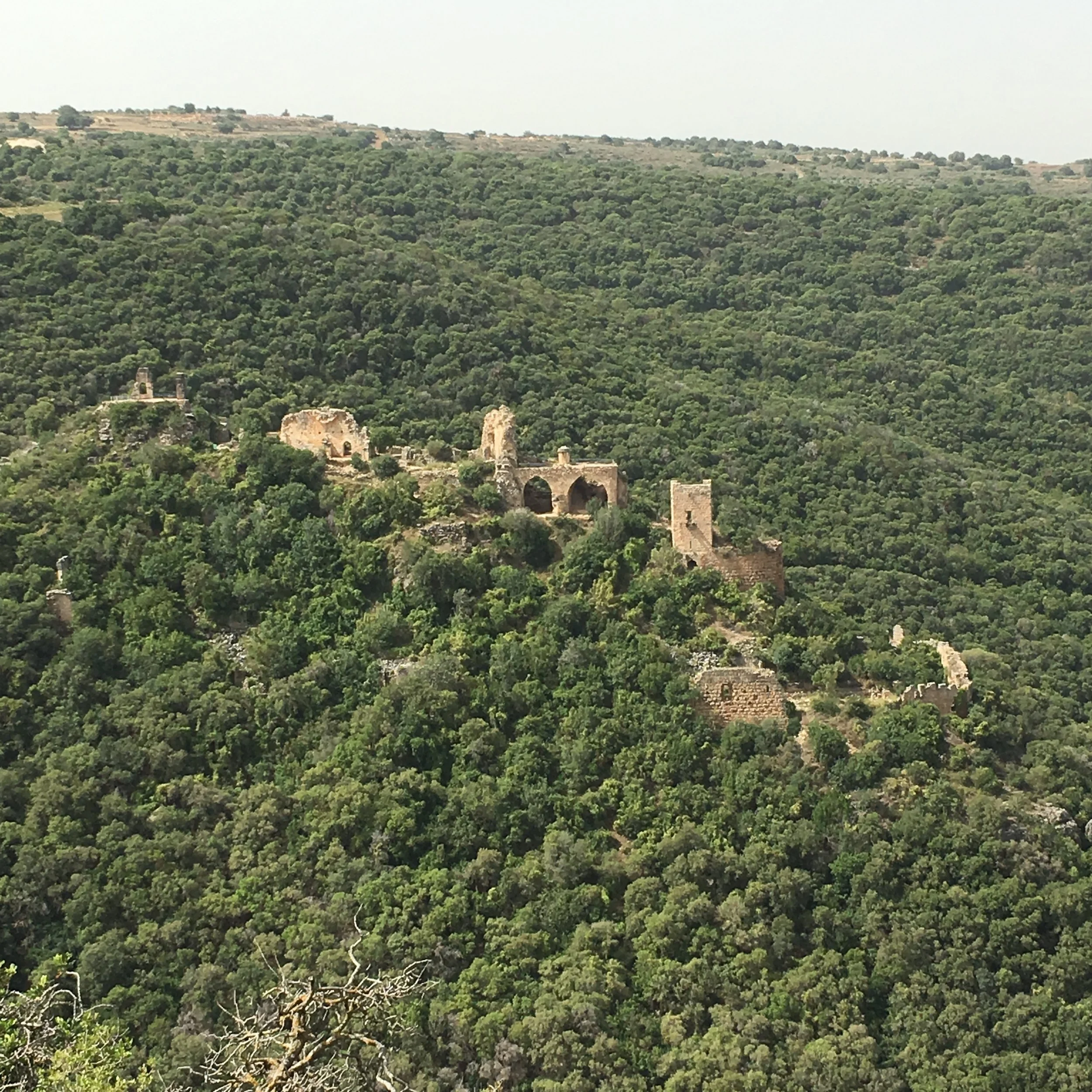This week's post comes from Bo Segrest! Check it out and let us know what you think!!
WEEK ONE
I won’t lie: This stuff is pretty dense. I think it is important while reading, though, to think critically about Lewis’ arguments. It is common, from what I’ve seen, for many people who either grew up in the church or have been a part of the Church for a long time to have accepted many theological concepts at face value early on and then move on and never question beliefs in a healthy way. This doesn’t mean that our beliefs are wrong if this is what happened with us; that’s not the point I’m getting at here.
Proverbs tells us to not be simple minded and to be wiling to increase your understanding of God by asking hard questions and evaluating what you believe. (This isn’t a paraphrasing of a specific verse, but this is one of my takeaways from looking at the book as a whole. Thanks to everyone who came to mine and Stevan’s Wisdom Bible Study.) Also, take a look at the opening verses of Hebrews 6: move beyond elementary understanding (Go deeper! Don’t take the easy, surface level way out!)
This is all to say that I found while reading this book, that while this stuff seems like elementary concepts at times; things that some of us learned in Sunday School at an early age, (like for example, that we have a sense in right and wrong,) that Lewis is taking us very deep conceptually and philosophically. So, I hope that you all have a lot of thoughts on all of this. What about these concepts have you never thought about before? Do you agree with Lewis? What about his arguments make sense? What doesn’t? and etc. etc. I also encourage you all to comment what passages of the Bible these arguments made you think of, if any.
I added questions that I’d be curious to hear thoughts on, but don’t feel like you have to answer them. I’m just curious about everyone’s thoughts on the book in general.
Now that this preamble is over, let’s get started.
BOOK ONE: RIGHT AND WRONG AS A CLUE TO THE MEANING OF THE UNIVERSE
The first section of this book focuses on what Lewis calls the “the Law of Human Nature.” He describes this as humanity’s inherent moral code. He gives some examples of morals that all cultures have shared throughout History like deserting battle being bad or betrayal being frowned upon. He goes on to describe this “law of nature” as the only law we are bound to—like gravity, physics, etc.—that we are “free to disobey.” This is an interesting claim to me. Lewis finishes by stating that humans 1) believe in the law of nature and 2) break it.
Lewis then introduces “Some Objections” to his argument from the first section. The first objection introduced is that the moral law is simply a “herd instinct” to help someone. But, Lewis says, “Feeling a desire to help is much different from feeling that you ought to help whether you want to or not.” He says that this sense of right and wrong is what would, for example, drive a person to save a drowning man even though it will risk his or her life as well. The other objection introduced is that morality is simply a social convention (and more specifically, a product of parenting and education.) Lewis basically claims that this is a fallacy, saying that because something is taught to people, like a moral code or a multiplication table, does not mean that it is untrue. Lewis then attempts to answer the questions: Do people have superior moralities to others? And What makes the morality of one person better or worse? He basically wants you to think about it along these lines: we all agree now, for the most part, that slavery in America was an immoral institution. Many claimed though in the time period that it was an institution that it was, in fact, moral. We all agree, though, that the former opinion is the better morality. Lewis says, and this rings true for this example, “How can you have progress if one [opinion] is not better or truer?”
We still haven’t seen his entire argument for this book, so hang in there. (Remember, I said this was dense.)
In the third section of this first book, he discusses “the reality of the Law.” He starts by saying how odd it is that the human race is “haunted by the idea of a sort of behavior they ought to practice” and do not practice it. He also says that decent behavior is not simply behavior that is convenient to us. He uses the following example to prove this: If a man trips you on accident, that is not a bad act, even though you were hurt by it. If a man tries and fails to trip you, that is a bad act, even though the act did not harm you.
Lewis here in the next section goes through different viewpoints on how the Universe came to be. Lewis gives a summary of his argument up to this point, saying, “All I have got to is a Something which is directing the universe, and which appears in me as a law urging me to do right and making me feel responsible and uncomfortable when I do wrong. I think we have to assume it is more like a mind than it is like anything else we know…”
Lewis cites, in the final section, the fact that the Universe is here and has been made and the evidence of the moral law he has put in our minds as evidence for the “Something”—a Creator. Lewis then questions what it means for God to be ‘good,’ and what that means for us and our salvation. I’m curious about everyone’s thoughts on this section.
I was thinking about this book today before I typed this up, and I was trying to think about anything in Scripture that I would think about in a new or different way with this argument in mind. Being created in the image of God is a concept that I have been thinking about a lot lately. So if we are, in fact, created in the image of God, then it would be safe to assume that since we have this inherent morality given to us by God, God must also have that. This is, for me, where the argument comes together. (I’m not saying Lewis’ argument is incomplete, just that this is where it really gets me.) To me, that is why there is a better or truer morality, because God must have a morality. I’m sure it’s complicated and beyond our comprehension, but it is very humbling for me to think about how I cannot really have a perfect morality because I am not God.
This all tells me that I should have humility in knowing that my morality is not perfect, but also comfort in knowing that His is. Any thoughts on this concept?
How does this inherent morality connect to salvation and the character of God and goodness?
So, how does this idea of superior or inferior moralities play into how we understand what is moral or immoral?
Can we ever all agree on one morality on at least some issues?
How do we discern just things and institutions from unjust things and institutions?





















